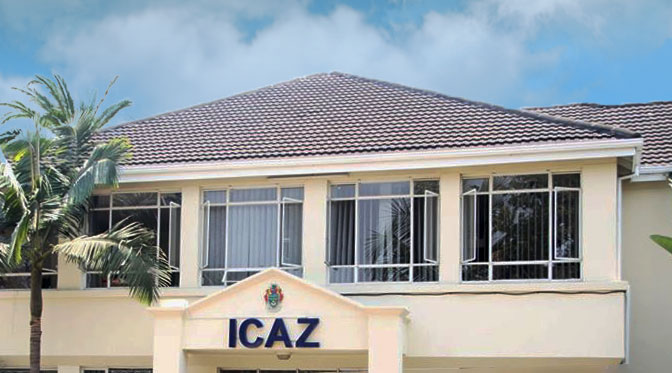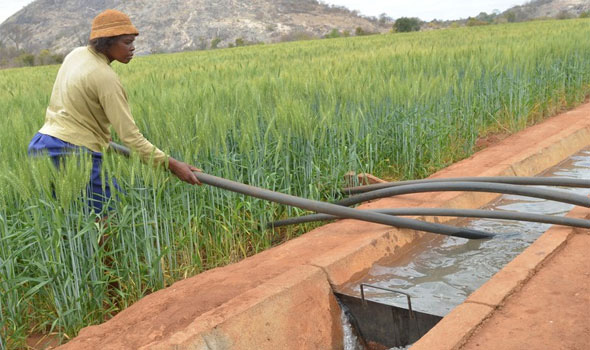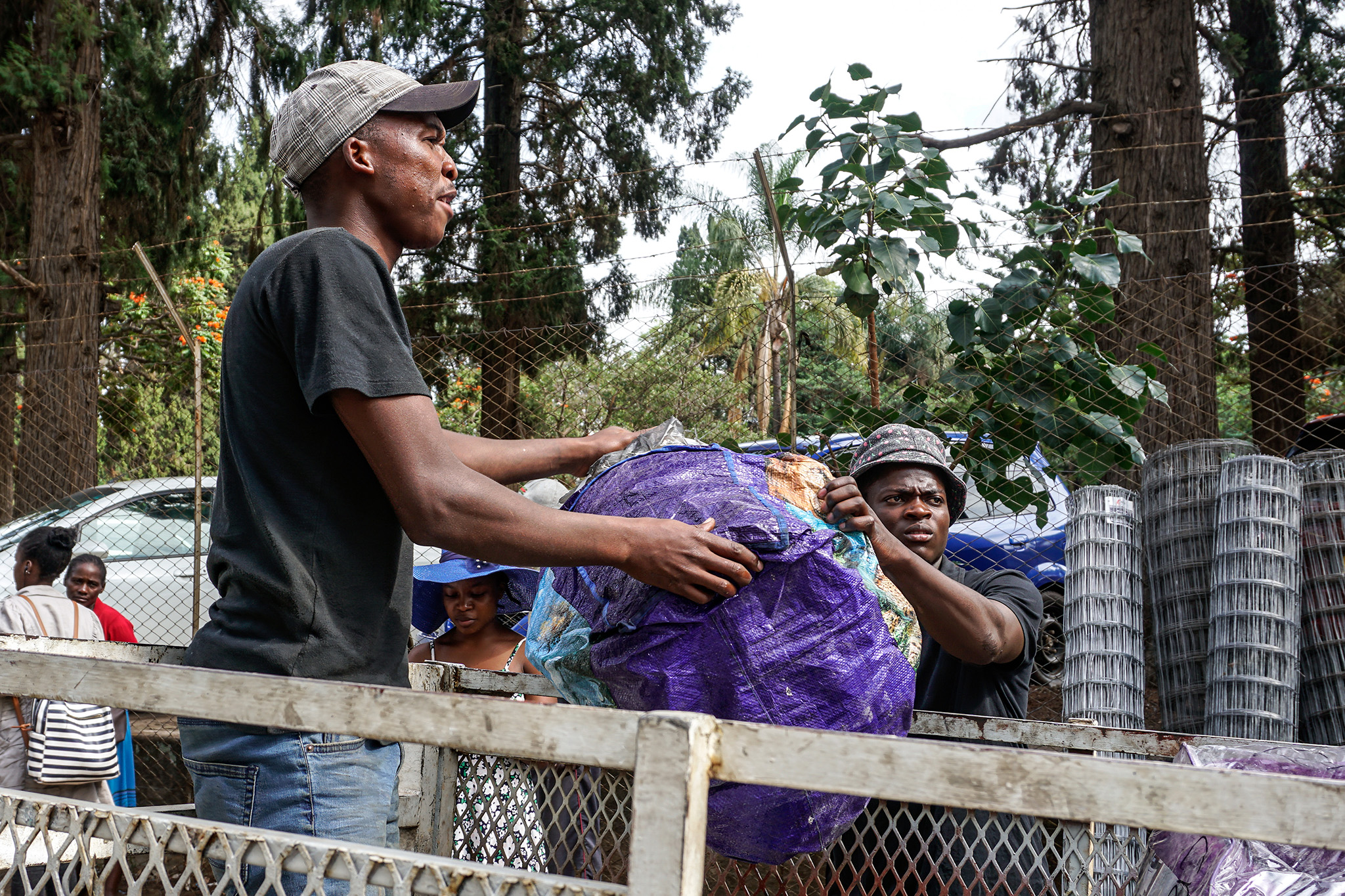Informal cross border trade and AfCFTA
The operationalisation of the Africa Continent Free Trade Agreement kicks off on January 1, 2021. This is hardly more than a week away. During the 13th extra ordinary session summit that was on December 5, 2020, 41 countries exchanged tariffs, which is indicative of how serious and committed State Parties are to the commencement of Africa intra-regional trade.
Informal Cross Border Trade has been acknowledged by several studies as a significant contributor to Africa’s economies. The World Bank AfCFTA report refers to Informal Cross Border Trade(ICBT) as Small Scale Cross Border Trade(SSCBT). The adoption of the latter title could be an attempt to break away from the negative perceptions associated with informality.
In the AFDB study of small-scale cross border trade conducted in 2012, it was revealed that informal cross border trade was regarded as illegal commercialisation of cross border activities. Nevertheless the same study acknowledged that the activities were crucial in ensuring food security and employment generation. The practice could not therefore be criminalised.
The definition of “informal trade” is likely to be complex owing to the different dimensions that entail the cross border trade transactions. In other studies, researchers have brought to the fore how some small-scale cross border traders can unintentionally conduct formal and informal trade simultaneously.
SSCBT do fulfil one form or another of their tax obligations, however, it is the lack of adherence to registration formalities that is a common thread found in most of this kind of trade.
The World Bank AfCFTA study has revealed how the numerous small consignments cross borders without any trade statistics being captured. The official trade statistics of this kind of trade does not tell an accurate story and could be most probably misleading. This development has been a challenge to policy makers in designing policies meant to assist informal cross border trade.
Small-scale cross border traders activities are spread across 5 regions of Africa namely the Horn of Africa, East Africa, West Africa, Central Africa and Southern Africa. Their transactions include merchandise that is streamlined into non — processed foods, manufacture and re –exports.
In the 2020 Report Afreximbank recognises the significant role of the small-scale cross border traders as players in the regional value chains and registers the absence of the transactions on the balance of payments and external accounts. SSCBT’s contribution to Africa’s economies goes unnoticed.
The first step to empower the small-scale cross border traders is to ensure due formalisation of these businesses so as to ensure they benefit from the AfCFTA.
The success of the AfCFTA is hinged on an export-oriented strategy that will drive accelerated industrialisation. Export oriented manufacturing industries within the AfCFTA will be a game changer through value addition in the value chains of production. SSCBT should be assisted to streamline their activities to feed into the AfCFTA strategies.
In previous studies, small-scale cross border trade has been revealed as a criminal activity that bleed the fiscus causing macroeconomic imbalances in the economies of Africa.
These findings have been refuted with increasing evidence indicative of positive spillovers in terms foreign currency for some countries in Africa.
In the context of the AfCFTA, the concern to State Parties about trade liberalisation has been the loss of revenue from the elimination of tariffs.
While the concern is founded, research reveals that tariffs are a far less burden to SSCBT than non-tariff barriers. The loss of revenue from tariffs far exceeds the loss of revenue caused by unpredictable trade, astronomical logistic costs and inadequate border infrastructure.
Women are overly represented as small-scale cross border traders. As organisations embrace the significance of SSCBT, it is important to acknowledge that women are the drivers of small-scale cross border traders as they account for 40 percent of Africa SMEs. In addition they play numerous roles in cross border trade; as tax payers, vendors, processors and transporters, all these factors should be considered when we bring the SSCBT into mainstream economies.
Against the above backdrop, collection of data on SSBCT is crucial. The World Bank AfCFTA Report has alluded to the fact that the trade is under reported and with proper mechanisms to capture informative statistics, SSCBT will be the certain vehicle to increase intra-regional trade phenomenally.
The AfCFTA has plenty provisions in the agreement for SSCBTs to be enabled to comply with customs statutes and regulations. Entities like the Afreximbank have purposed to ensure SSBCT are contracted and become part of the drivers of AFCFTA. State parties to the AfCFTA have to join hands and ensure the implementation of the AfCFTA is all inclusive.
Happy holidays.-herald.cl.zw










